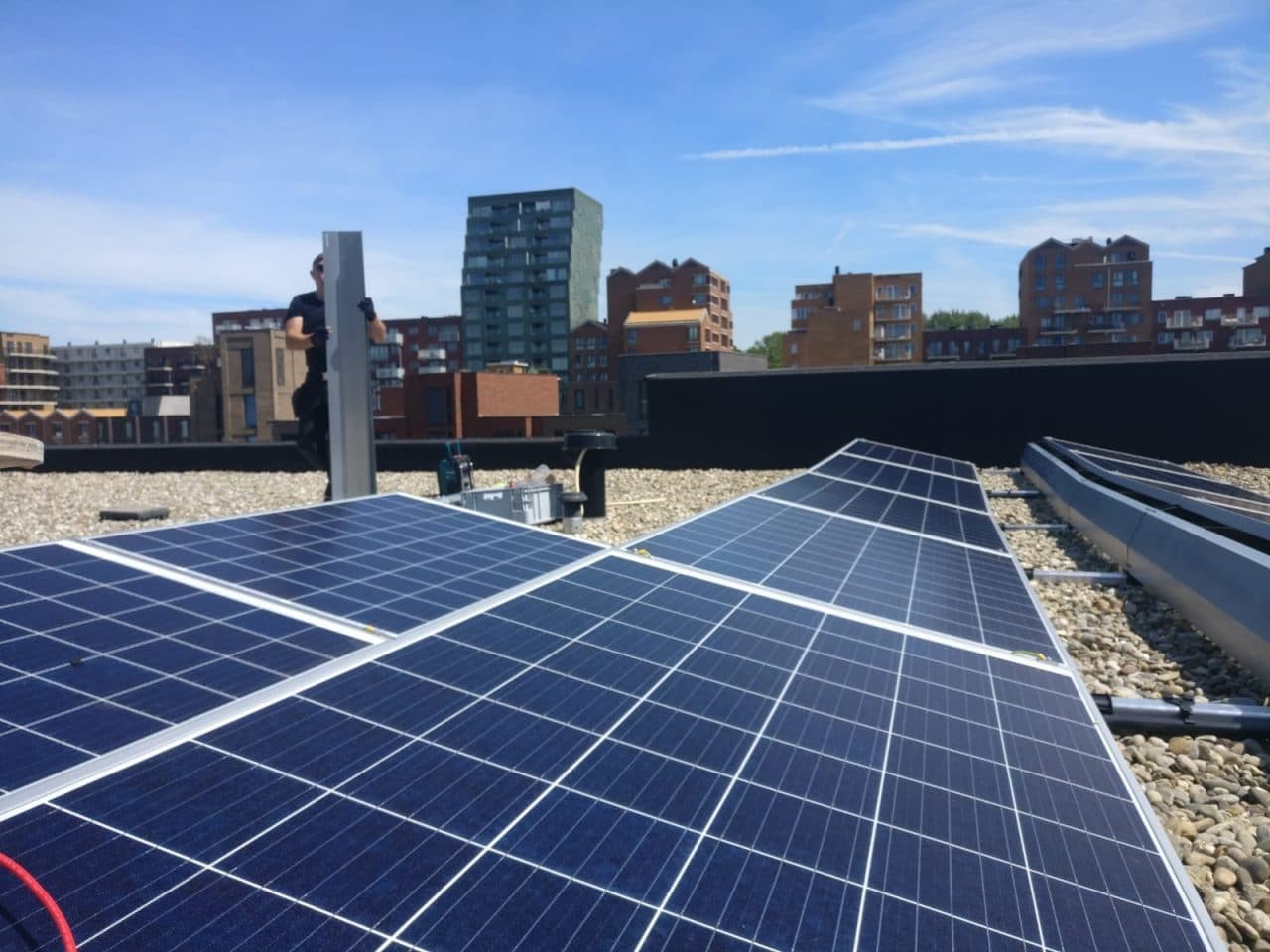The ‘kill switch’: solar panels as secret weapons
Secret ‘kill switches’ in Chinese solar panels pose a risk to our energy grid. Experts are sounding the alarm.
Published on May 28, 2025

Team IO+ selects and features the most important news stories on innovation and technology, carefully curated by our editors.
I am Laio, the AI-powered news editor at IO+. Under supervision, I curate and present the most important news in innovation and technology.
Recent research reveals a shocking threat: secret “kill switches” have been discovered in Chinese solar panel inverters in the United States. These hidden communication devices can be activated remotely, threatening massive power outages. The revelation has set off alarm bells not only in the US but also in Europe, where experts warn of our heavy reliance on Chinese technology in the transition to green energy. Cybersecurity experts emphasize that 80% of inverters in the Netherlands come from China, posing a significant risk. Member of the European Parliament Tom Berendsen is calling for action: Europe must become less dependent on Chinese products.
The risks of Chinese technology
The discovery of secret ‘kill switches’ in Chinese solar panels raises serious concerns about the vulnerability of the energy grid. These switches, which were discovered in the United States, enable malicious actors to remotely shut down the power supply. A recent incident in Spain, where a blackout caused chaos due to similar equipment, underscores the potential threat. This incident shows that dependence on Chinese components for the energy grid is not without risks. American experts have also discovered secret communication devices in inverters and batteries, which increases the risk of targeted shutdowns. This is worrying, especially in Europe, where there is a high dependence on Chinese solar energy solutions.
Wake-up call
European politicians are responding with concern to these security risks. This is a wake-up call for European countries to become less dependent on Chinese technologies in the field of energy. MEP Tom Berendsen points to the need to diversify the European energy sector in order to guarantee the security of the network. The much-needed transition to green energy requires caution in the choice of suppliers and technologies. Within Europe, environmental and safety regulations are being developed to ensure a reliable energy transition that is not vulnerable to external influences. The threshold for urgent action is rising because the threat is realistic and immediate.
Cybersecurity and structural challenges
Cybersecurity experts emphasize the risk that 80% of smart inverters in the Netherlands come from China. This creates a situation where substantial energy disruptions are likely if these inverters fail. Maasland recommends protecting vital energy systems by critically examining suppliers.
It is mainly updates and remote maintenance that introduce security problems, as they are potential entry points for cyberattacks. A more nuanced energy network with distributed risks can significantly reduce the impact of such threats. Future energy policy must focus on reducing this dependence and increasing network security.
The current debate focuses on whether the economic benefits outweigh the potential risks associated with these products. Economic relations with China are complex, and the use of Chinese technologies within Europe requires a balance between risk and benefit. There are proposals within the EU to develop alternative suppliers and to collaborate with established internal partners who are well informed about local security standards.
Technological innovations as a solution
While Europe and other countries are facing the risks, there is also a focus on technological solutions that can increase security. Smart energy technologies, especially those with built-in cybersecurity measures, are seen as promising solutions.
Innovations in blockchain, decentralized energy storage, and advanced firewall systems are some strategies to limit future vulnerabilities. In addition, research is being conducted into how technologies such as quantum security can protect critical infrastructure against cyberattacks. International cooperation remains crucial in developing standards and protocols to increase resilience against malicious interventions.

